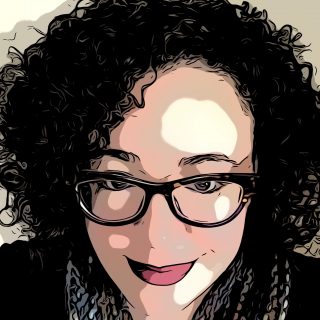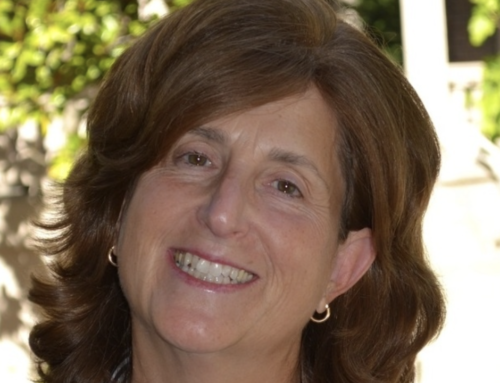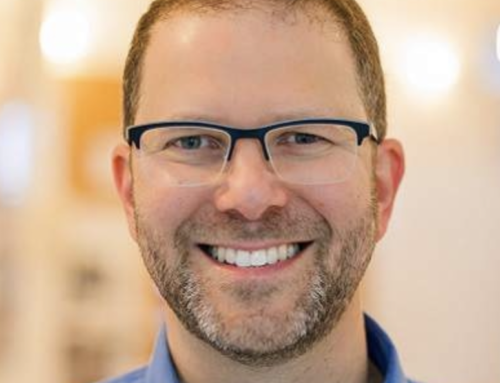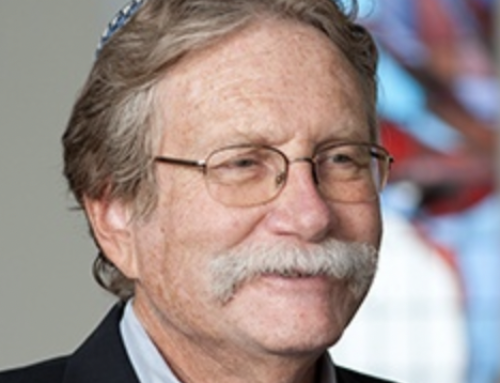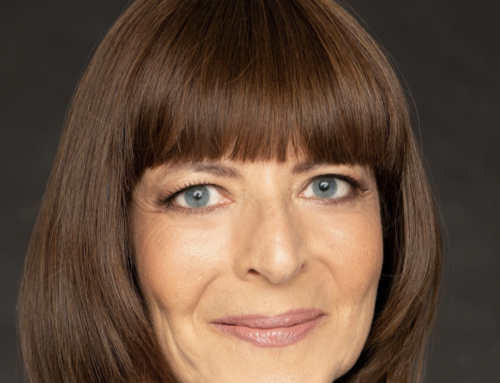It was during the Counting of the Omer in 2012 that I lost my grandfather. He had been admitted to the hospital one week earlier. The day before he was admitted, I had started a new job – my first job at a synagogue. My journey as a Jewish professional will be forever tied to losing him.
My grandfather was not the first family member who I lost. When I watched my uncle slowly dying of pancreatic cancer four years earlier, and he asked my forgiveness for not being the uncle he should have been, I cried for what could have been, but I wasn’t shaken to my core. When my grandma died when I was ten, I cried because I never knew her. But when my grandfather died, I alternated between numbness and hysteria. He had been like a father to me, and I felt lost without him.
Our relationship was not without complications – he struggled with the fact that my mother had married someone who was not Jewish, and though he never said it, I am sure that he likely struggled to accept that his grandchildren were mixed race. But despite this, he provided a consistent connection to another layer of Jewish life for me and my brother, whether simply through the Yiddishkeit that he embodied, or our weekly trips to the dairy restaurant for dinner.
I reflect often on how unmoored I felt in the wake of his death. In the months following, I came across an article by Rabbi Chaim Steinmetz about his relationship to the idea of closure in the wake of his mother’s death. He writes: “Because of closure’s popularity, mourning rituals are only deemed worthwhile if they’re stepping stones to closure … That’s why I’ve always disliked closure; it’s self centered and superficial, focusing only on the mourner and not on the one mourned. But mourning is not just an inconvenient emotion; it’s our way of continuing to love, even if the only way we can love is with a broken heart.”
He’s right. Even nine years later, I don’t want closure. As Jews, we mourn for one year, in recognition, I think, that every day that passes, every holiday, every cyclical occurrence, is the first of its kind without the deceased. After that, every year, we join our community to say the Mourner’s Kaddish, we burn a candle that lasts twenty-four hours, and we remember.
This is the kind of mourning that let me feel anchored again. The kind of mourning that acknowledged that something is gone forever. Yet also the kind of mourning that let my grandfather still be with me every day. And the kind of mourning that added the remembrance of my grandfather to the cycle of my Jewish year – tying him to my Judaism as he had anchored me in mine.
